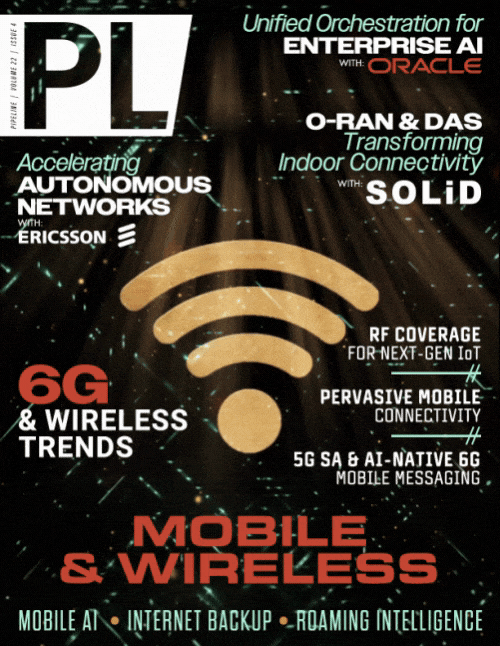FCC to Launch Test-Bed Innovation Zones in NYC and Salt Lake City FCC Establishes First Two Innovation ZonesNew York City & Salt Lake City Projects Empower Advanced Wireless Technology and 5G-Ready Network ExperimentationThe Federal Communications Commission today announced the creation of its first two Innovation Zones, in New York City and Salt Lake City. These Innovation Zones will be city-scale test beds for advanced wireless communications and network research, including 5G networks. “Few concepts are more central to America than experimentation and innovation. It’s what we do best,” said FCC Chairman Ajit Pai. “So it’s exciting and inspiring to see our Innovation Zones program taking off. These projects will test new advanced technologies and prototype networks like those that can support 5G technologies. We’re also establishing a process to ensure new innovators can have access to this testing resource while protecting current, licensed users. I thank all those who are leading these efforts on the ground and stand committed to continuing our efforts to empower innovators.” These wireless technology test beds extend the geographic areas in which already-licensed experimental program licensees can conduct tests. Under this initiative, parties have flexibility to conduct multiple non-related experiments under a single authorization within a defined geographic area to develop new technologies and services while protecting incumbent services against harmful interference. This initiative allows experimental program license holders which are licensed to operate elsewhere to also use the New York City and Salt Lake City Innovation Zones. Parties must comply with each zone’s FCC-established guidelines, under the zone administrator’s guidance, and provide advanced notice of their project. The National Science Foundation’s Platform for Advanced Wireless Research formally proposed these particular Innovation Zones, saying they “will enable experimental exploration of robust new wireless devices, communication techniques, networks, systems, and services that will revolutionize the nation's wireless ecosystem, thereby enhancing broadband connectivity, leveraging the emerging Internet of Things (IoT), and sustaining US leadership and economic competitiveness for decades to come.” In New York City, the Innovation Zone will support COSMOS (Cloud Enhanced Open Software Defined Mobile Wireless Testbed for City-Scale Deployment). COSMOS, located in West Harlem, will be run jointly by Rutgers University, Columbia University, and New York University, in partnership with the City of New York. In Salt Lake City, the Innovation Zone will support POWDER (A Platform for Open Wireless Data-driven Experimental Research with Massive MIMO Capabilities). POWDER, which will operate in several connected corridors of Salt Lake City, will be run jointly by the University of Utah and Rice University, in partnership with Salt Lake City. The National Science Foundation selected smart city-research organization US Ignite and Northeastern University to form the Platform for Advanced Wireless Research Project Office, which will manage the Innovation Zones. Innovation Zones partner universities and the cities themselves will enable test bed development and deployment supported by the National Science Foundation along with a consortium of telecom and tech companies. The FCC’s Innovation Zone initiative builds off the Commission’s 2013 rulemaking to update its experimental radio service program. The Public Notice released today by the FCC’s Office of Engineering and Technology to establish the Innovation Zones and provide details of each zone is available at: https://docs.fcc.gov/public/attachments/DA-19-923A1.pdf Source: FCC media announcement | |

















